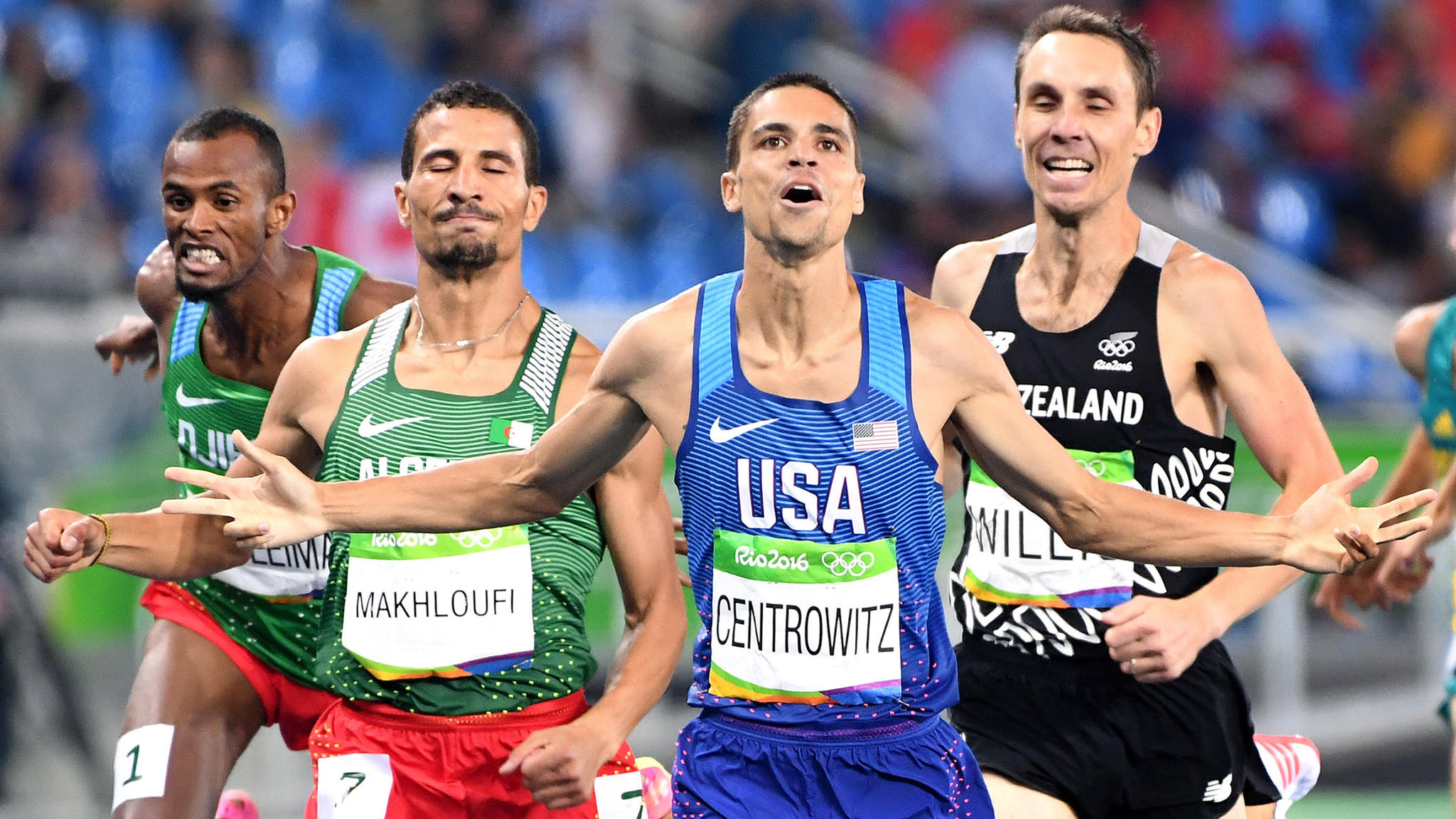The Advantages Of Developing A Niche

A niche is akin to hitting the bullseye on a target. It requires precision and focus, as you aim to strike the small, vital area that brings you the ultimate reward.
Photo Credit: Lukenn Sabella
Finding Your Niche Is Key to Unlocking Your God-Given Potential
By Coach Weber
“You can’t be all things to all people. But you can be everything God designed you to be.”
In today’s world—whether in business, nonprofits, or your personal calling—standing out isn’t just a bonus; it’s survival.
The secret? Finding your niche.
Think of yourself as a lighthouse. A lighthouse doesn’t try to light the whole ocean. It guides the ships it was built to guide. That’s what a niche does for you: clarity, direction, and impact.
Why Your Niche Matters
Trying to please everyone often leads to mediocrity.
It's like attempting to dance on a tightrope while a storm rages beneath you. You might manage to keep your balance for a while, but eventually, the storm will overwhelm you. Gaining focus is what turns a wild storm into a steady rhythm.
Merriam-Webster defines a niche as:
“A place, employment, status, or activity for which a person or thing is best suited.”
It’s not just a definition. It’s a roadmap. It’s about finding where your gifts and calling align and then running boldly in that lane.
Branding guru Al Ries referred to this principle as “positioning.” His timeless advice? Don’t try to dominate everything. Dominate something. Businesses that succeed focus. And individuals who succeed do the same. Good is the enemy of great, as the famous management book says.
Here’s a truth we often resist: you can be “good” at a hundred things, or you can be “great” at one. Rarely both.
Multitasking may feel productive, but true mastery requires focused attention. Champions are not generalists—they are specialists.
If your goal is casual fun, spread yourself wide. But if your goal is impact, significance, or greatness? You must narrow your focus.
My Own Journey: Football or Running?
I learned the niche lesson as a teenager.
I loved football. I was fast, scored touchdowns, and played defensive back. The idea of Friday Night Lights was electrifying.
But I also loved running. And I was gifted at it.
When I entered high school, I realized I couldn’t give 100% to both. A decision loomed: keep playing football in the fall, or switch to cross-country to strengthen my track goals.
I chose cross-country.
It wasn’t easy. My friends wanted me on the football field. But deep down, I knew running was my niche. That one decision transformed my life. It took me to college. It opened doors no one in my family had ever walked through. And it set me on the path to becoming an executive and then in retirement as a coach.
Had I tried to juggle both, I likely wouldn’t be here sharing this with you today as a running coach. Focus changed everything.
What About You?
You might not be choosing between football and running, but you face choices every day.
Will you try to do it all, or will you do the one major thing God created you for?
Philippians 4:13 reminds us:
“I can do all things through Christ who strengthens me.”
That doesn’t mean every activity under the sun. I believe it means everything God has called us to do.
Yes, you can spread yourself across many pursuits. That path offers variety—but rarely greatness.
The path of focus requires sacrifice, but it also unlocks your highest potential.
So, ask yourself today:
- What’s my lane?
- Where has God uniquely gifted me?
- What must I say no to, so I can say a bigger yes to my calling or what I am gifted at?
Because once you find your niche—and give yourself to it—you won’t just stand out. You’ll stand firm. You’ll shine like a lighthouse in a noisy world.
Blessings,
Coach Weber
Philippians 4:13

Matt Centrowitz won gold in the 1500 meters in the Olympic Games by focusing on his niche event
Harnessing your strengths by concentrating on your niche event can yield exceptional returns on your investment of time and energy. Take Matt Centrowitz from the USA, for instance. He seized victory in the 1500 meters at the Olympics, a testament to the power of focusing on one’s true calling.
Had Matt chosen to compete in the 100 meters instead, it’s unlikely he would have even qualified for the finals of his high school state championship. By dedicating himself to the 1500 meters—his specialized event—he transformed his athletic destiny and emerged as an Olympic Champion.
Imagine how different his life would be had he pursued a path misaligned with his natural talents. To achieve your highest potential, identify your most significant life skills and dedicate yourself to them. The rewards waiting for you are immeasurable.
Photo credit: NBC Sports
